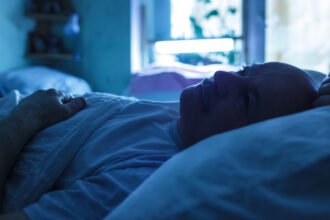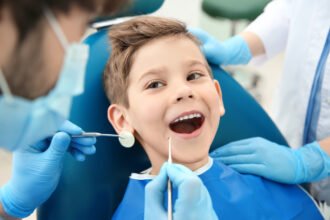Summertime means fun, and for seniors who enjoy the outdoors, it also means a time to be careful about overexposure to the sun’s damaging rays. If you’re not able to move down to warmer temperatures after the grind of work is over and retirement is in full force, then the summer months may be the closest you can get to a string of nice weather. Here are a few tips for how seniors can enjoy summer and take care of their health at the same time:
Avoid the Most Dangerous Rays of the Day
Try to avoid getting more than a few minutes of direct sunlight between the hours of 10 a.m. and 3 p.m. The ultraviolet “B” rays, also known as UVB rays, are strongest at that time. They’re the ones that have the power to cause the most severe burns and are associated with various forms of skin cancer. If you love the beach, go in the early morning or late afternoon. If you must be out during the high-UVB hours, wear protective clothing, sunscreen on exposed skin and minimize your outdoor time.
Use Plenty of Sunblock Lotion
Sunblock lotions come in a variety of strengths, numbered from 0 to 100. The higher the number, the more protection from the sun. Based on your own skin tone and the amount of sunlight you want to be exposed to, choose a sunscreen product to fit your needs. Some of the new spray-on products are easy to apply, don’t cost much and help you avoid the greasy, lotion feeling on your skin. Remember to reapply sunscreen about every half-hour if you perspire a lot, or every hour if you don’t.
Stay Hydrated
The sun can be tricky, especially for seniors. It’s important to stay hydrated even if the temperatures aren’t high. Your body needs water to replace any perspiration and to keep the surface of the skin cool. Direct sunlight is a water gobbler in many ways. If possible, carry a bottle of cold water with you when you spend time walking or bicycling or doing whatever you like to do on sunny days. Water is a better hydrating drink than anything else, and it helps if it’s cold as opposed to room temperature. Cold liquids get into your bloodstream faster than warmer liquids.
Know the Signs of Heat Exhaustion
If you get goosebumps while in the head, get medical attention as soon as possible. That’s a sure sign of heat exhaustion. Other signs include cold, clammy skin even while you are exposed to the heat, dizziness, faintness, muscle cramps, sudden onset of fatigue, and a rapid pulse even when not exerting yourself. Heat exhaustion is serious business. It’s sometimes called heat stroke but that’s a misnomer because the condition is not related to an actual stroke. If you thing you are suffering from heat exhaustion, seek medical attention and get to a cool, shaded area as soon as possible.
Hats are a Must
The easiest way to fend off the sun’s damaging rays to wear an “all-around” hat. These are the hats gardening enthusiasts usually wear, and they give protection to face, ears, neck and the upper back in some cases.










